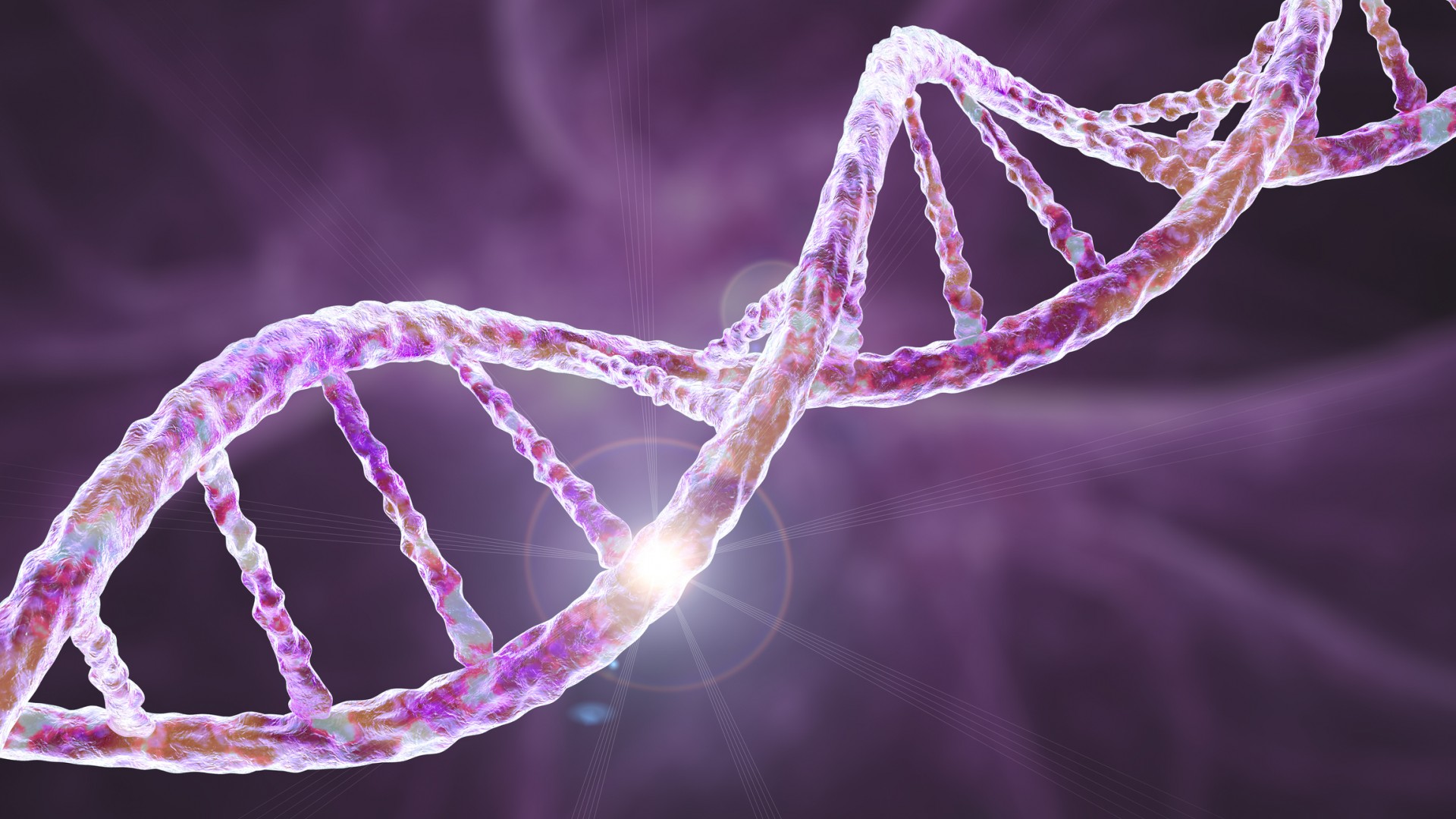Cedars-Sinai Is Hub for New Cystic Fibrosis Research Program

The Initiative Seeks to Identify Genetic Mutations that Cause the Hereditary Disease
Cedars-Sinai is the coordinating center for the newly launched Southern California Cystic Fibrosis Research Program. The program will support research into personalized treatments, with an emphasis on identifying unique cystic fibrosis mutations in patients of Hispanic and African ancestries, who are more likely to have rare mutations that do not respond to the most effective treatments.
 “California’s diverse population makes it possible for us to focus on rare cystic fibrosis-causing mutations that we have little knowledge of and to characterize how these mutations affect people of color,” said Anjaparavanda Naren, PhD, professor of medicine, director of Cystic Fibrosis Research at Cedars-Sinai and principal investigator of the Southern California Cystic Fibrosis Research Program. “We want to understand the genetic defects and other factors that might be contributing to a higher burden of disease in people of Hispanic and African ancestries.”
“California’s diverse population makes it possible for us to focus on rare cystic fibrosis-causing mutations that we have little knowledge of and to characterize how these mutations affect people of color,” said Anjaparavanda Naren, PhD, professor of medicine, director of Cystic Fibrosis Research at Cedars-Sinai and principal investigator of the Southern California Cystic Fibrosis Research Program. “We want to understand the genetic defects and other factors that might be contributing to a higher burden of disease in people of Hispanic and African ancestries.”
The program has been awarded a two-year $500,000 grant from the Cystic Fibrosis Foundation. Investigators from Children’s Hospital Los Angeles, UCLA, the University of Southern California and Ventura Medical Center are joining the program as partners and collaborators.
Cystic fibrosis causes cells in the lungs to absorb too much sodium and fluid. This results in mucus in the lungs becoming thick and sticky, clogging the airways and leading to respiratory infections that damage the lungs. The mucus buildup also causes problems in other organs.
It used to be that most people with cystic fibrosis did not survive past childhood, but treatments developed in the past several decades have now made it common for people with cystic fibrosis to live longer, with the median survival age now at 53. The disease is caused by more than 1,700 mutations of the gene called the cystic fibrosis transmembrane conductance regulator (CFTR) that result in either the production of a faulty CFTR protein or no protein at all.
 About 93% of people with cystic fibrosis can take highly effective treatments called modulators that target the dysfunctional CFTR protein. However, the remaining individuals with very rare cystic fibrosis mutations, many of whom do not produce any CFTR protein and therefore don’t respond to modulators, do not have access to highly effective treatments. Black and Hispanic people with cystic fibrosis are more likely to fall into this latter category. This is one of the contributing factors to poorer health outcomes in Black and Hispanic patients. For example, data has shown that Hispanic people with cystic fibrosis have an increased risk of infections, lower lung function, and a nearly twofold higher risk of death than non-Hispanic white populations.
About 93% of people with cystic fibrosis can take highly effective treatments called modulators that target the dysfunctional CFTR protein. However, the remaining individuals with very rare cystic fibrosis mutations, many of whom do not produce any CFTR protein and therefore don’t respond to modulators, do not have access to highly effective treatments. Black and Hispanic people with cystic fibrosis are more likely to fall into this latter category. This is one of the contributing factors to poorer health outcomes in Black and Hispanic patients. For example, data has shown that Hispanic people with cystic fibrosis have an increased risk of infections, lower lung function, and a nearly twofold higher risk of death than non-Hispanic white populations.
This new research program will focus on better understanding these rare types of mutations.
“This is the beginning of what we hope to be many years of research leading to discoveries that will improve the care of racially and ethnically diverse individuals,” said Barry Stripp, PhD, the Bram and Elaine Goldsmith Chair in Gene Therapeutics Research and professor of Medicine and Biomedical Sciences at Cedars-Sinai, who will serve as co-principal investigator of the Southern California Cystic Fibrosis Research Program.
Read more on the Cedars-Sinai Blog: Cystic Fibrosis Program Offers New Hope to Patients
Follow Cedars-Sinai Academic Medicine on Twitter for more on the latest basic science and clinical research from Cedars-Sinai.



